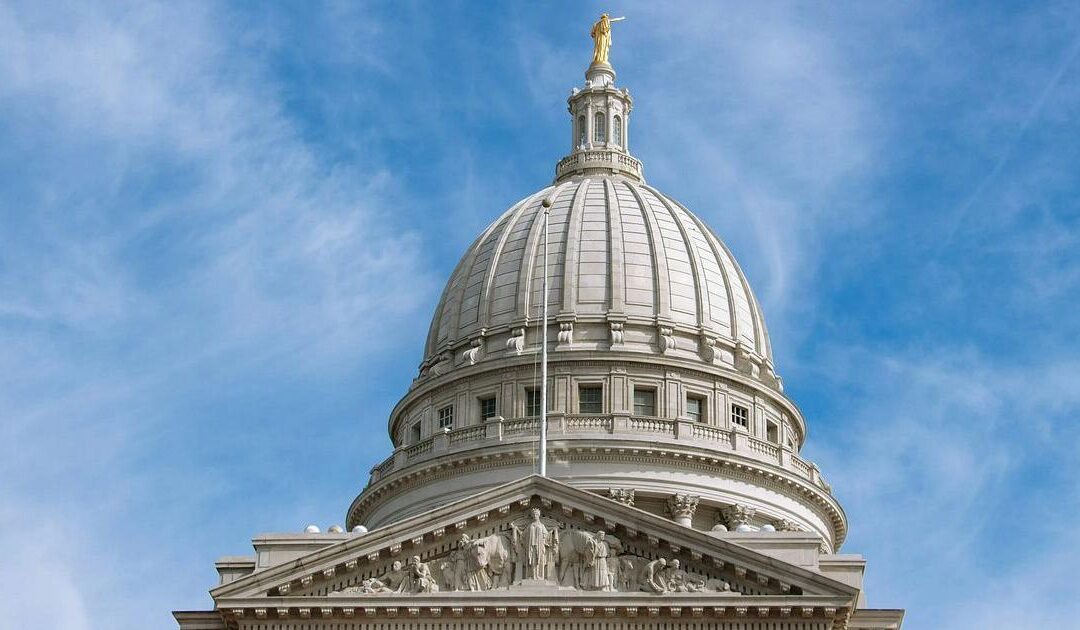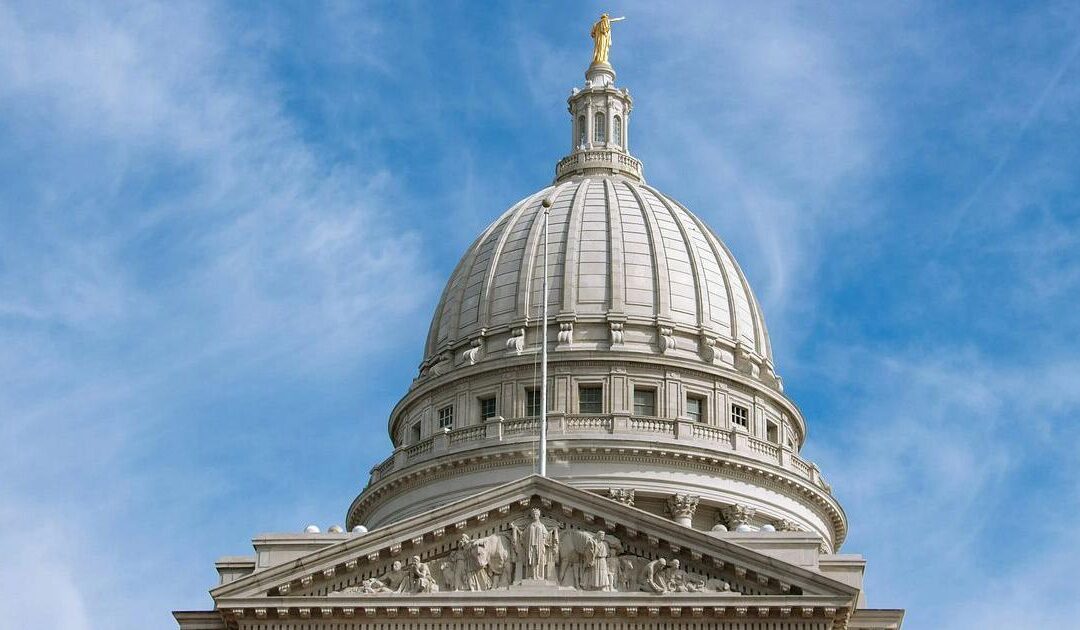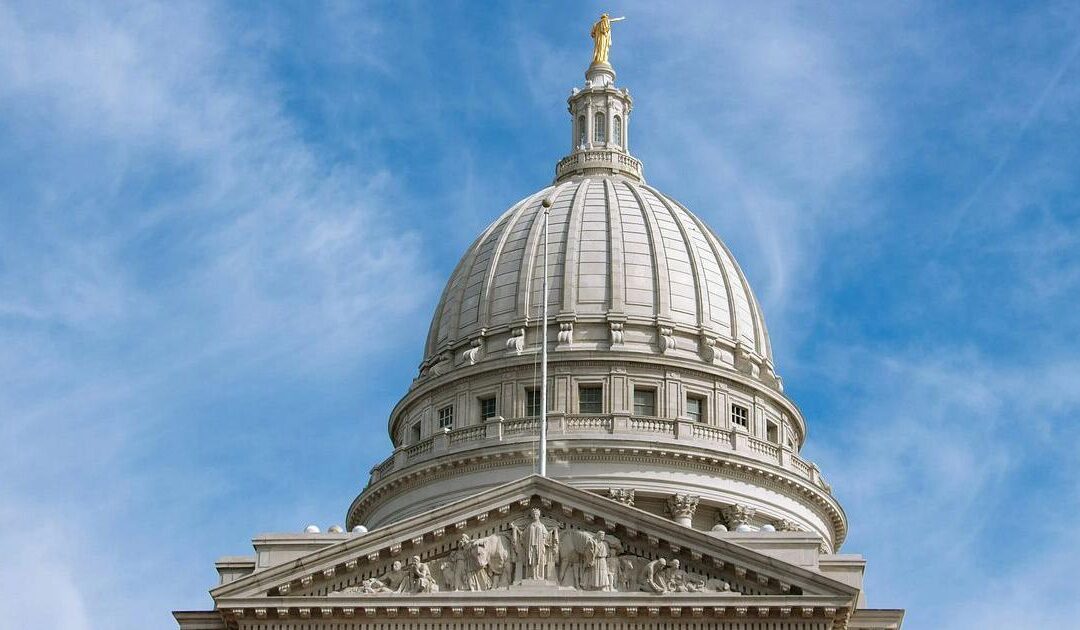Exploring Outdoor Activities in Lake Country
Lake Country offers a plethora of outdoor activities that cater to all ages and interests, making it an ideal destination for adventure enthusiasts. From hiking scenic trails to kayaking on tranquil lakes, residents and visitors can immerse themselves in the natural beauty of the area while enjoying recreational pursuits.
For instance, the Kettle Moraine State Forest provides miles of trails for hiking, biking, and horseback riding, while the lakes around the region are perfect for fishing, boating, and paddleboarding. Local parks frequently host events and activities, ensuring that there is always something exciting happening outdoors.
Upcoming Events and Festivals in Lake Country
Lake Country is known for its vibrant community events and festivals that celebrate local culture, arts, and traditions. These gatherings provide a fantastic opportunity for residents and visitors alike to engage with the community and enjoy various activities.
Annual events such as the Lake Country Art Festival and the Hartland Harvest Days draw large crowds, featuring local artisans, food vendors, and entertainment. Additionally, seasonal festivals like summer concerts in the park and holiday markets offer unique experiences that highlight the region's charm and community spirit.
Understanding Local Wildlife and Conservation Efforts
The Lake Country area is home to diverse wildlife and ecosystems, making conservation efforts crucial for maintaining its natural heritage. Local organizations and government initiatives work tirelessly to protect habitats and promote sustainable practices among residents.
For example, community programs focus on educating the public about native species and the importance of preserving wetlands and forests. Initiatives such as clean-up days and wildlife monitoring projects encourage residents to participate actively in conservation, fostering a sense of responsibility towards the environment.
Travel Tips for Visiting Lake Country
When planning a visit to Lake Country, understanding local customs and attractions can enhance the experience. From the best times to visit to must-see landmarks, travelers can benefit from insider knowledge that makes their trip memorable.
For instance, the summer months are ideal for enjoying outdoor activities, while the fall showcases stunning foliage. Visitors should also explore local dining options, such as farm-to-table restaurants, and consider participating in guided tours to learn more about the region's history and culture.
Exploring Outdoor Activities in Lake Country
Lake Country offers a plethora of outdoor activities that cater to all ages and interests, making it an ideal destination for adventure enthusiasts. From hiking scenic trails to kayaking on tranquil lakes, residents and visitors can immerse themselves in the natural beauty of the area while enjoying recreational pursuits.
For instance, the Kettle Moraine State Forest provides miles of trails for hiking, biking, and horseback riding, while the lakes around the region are perfect for fishing, boating, and paddleboarding. Local parks frequently host events and activities, ensuring that there is always something exciting happening outdoors.
Upcoming Events and Festivals in Lake Country
Lake Country is known for its vibrant community events and festivals that celebrate local culture, arts, and traditions. These gatherings provide a fantastic opportunity for residents and visitors alike to engage with the community and enjoy various activities.
Annual events such as the Lake Country Art Festival and the Hartland Harvest Days draw large crowds, featuring local artisans, food vendors, and entertainment. Additionally, seasonal festivals like summer concerts in the park and holiday markets offer unique experiences that highlight the region's charm and community spirit.
Understanding Local Wildlife and Conservation Efforts
The Lake Country area is home to diverse wildlife and ecosystems, making conservation efforts crucial for maintaining its natural heritage. Local organizations and government initiatives work tirelessly to protect habitats and promote sustainable practices among residents.
For example, community programs focus on educating the public about native species and the importance of preserving wetlands and forests. Initiatives such as clean-up days and wildlife monitoring projects encourage residents to participate actively in conservation, fostering a sense of responsibility towards the environment.
Travel Tips for Visiting Lake Country
When planning a visit to Lake Country, understanding local customs and attractions can enhance the experience. From the best times to visit to must-see landmarks, travelers can benefit from insider knowledge that makes their trip memorable.
For instance, the summer months are ideal for enjoying outdoor activities, while the fall showcases stunning foliage. Visitors should also explore local dining options, such as farm-to-table restaurants, and consider participating in guided tours to learn more about the region's history and culture.
















